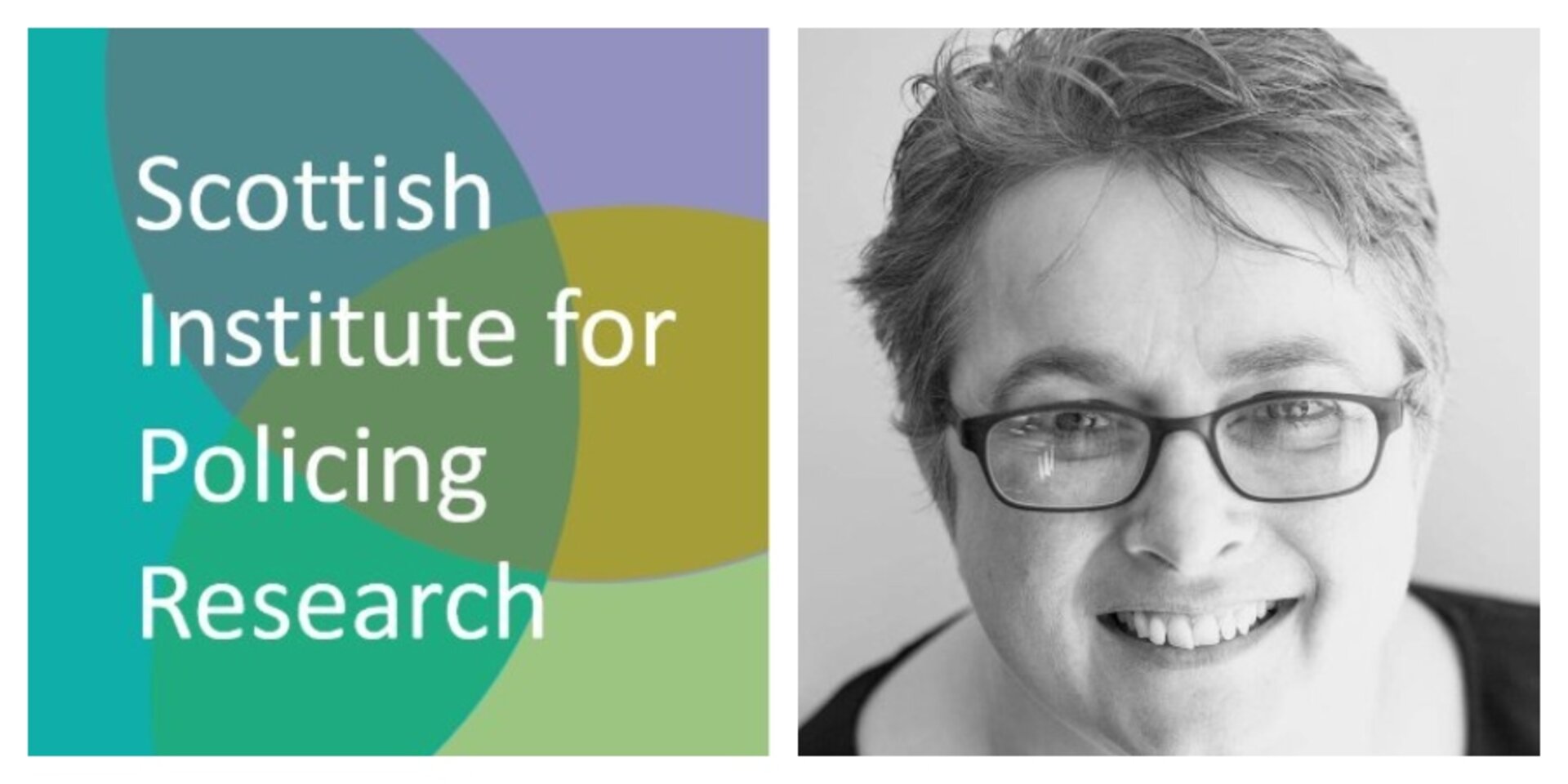Research into sex abuse networks generates international response

Sex abuse networks could be broken by adopting similar methods used to track terror groups, according to new research.
The approach could help police trace and disrupt networks involved in child sexual exploitation and safeguard young people.
Dr Maureen Taylor, a lecturer in Criminology at GCU and a former criminal intelligence analyst, has applied a mathematical model commonly used to track terrorist organisations to reconstruct and analyse groups involved in sexual abuse cases.
More than 500 representatives from the police, the NHS, social work, charities, universities, and local authorities from across the UK have signed up for seminars on the approach, organised by the Scottish Institute for Policing Research and GCU.
The sessions have attracted interest from Europe, Africa, Asia, and North America.
Dr Taylor used Social Network Analysis, a method for identifying individuals and groups and presenting the data in a visual manner that is easy to understand, to seven historic court cases.
The results revealed sprawling networks, ranging from 66 to 215 individuals, connected to the enabling of sexual abuse.
Dr Taylor, who also previously served as a forensic investigator with the police, said: "During a live investigation this approach can help direct the attention of the police, safeguard potential victims, and disrupt networks.
"Looking at the bigger picture makes it easier to identify the people with resources and power in a network.
"By being able to visualise a network, see the connections and the potential risk, it gives the authorities potential opportunities to intervene and safeguard young people."
The model works by assigning a numeric value to individual relationships. Those listed as part of a network may have access to properties, resources or may provide inks to other individuals, for example.
Dr Taylor examined seven court cases in England and applied the approach using information gathered by the police.
In one case, which resulted in five offenders being convicted, 215 individuals were found to be connected, in some way, to the network.
Lesley McMillan, Professor of Criminology and Sociology at GCU, said: “The very high level of interest in these seminars is testament to the importance of this issue and the need to find new ways of intervening in these harms.”
- A third seminar has been announced for April 20. To find out more and book a place visit Eventbrite
